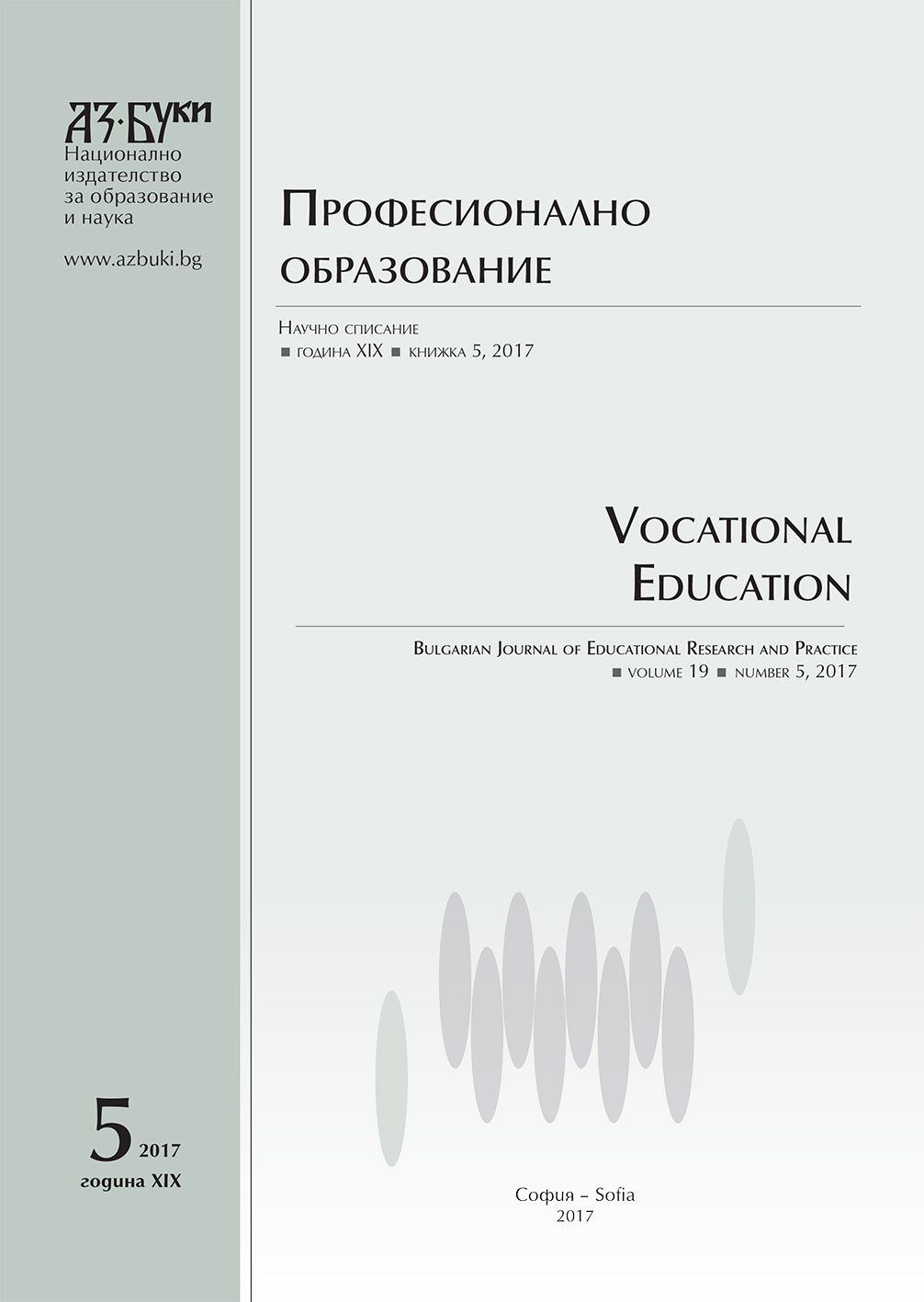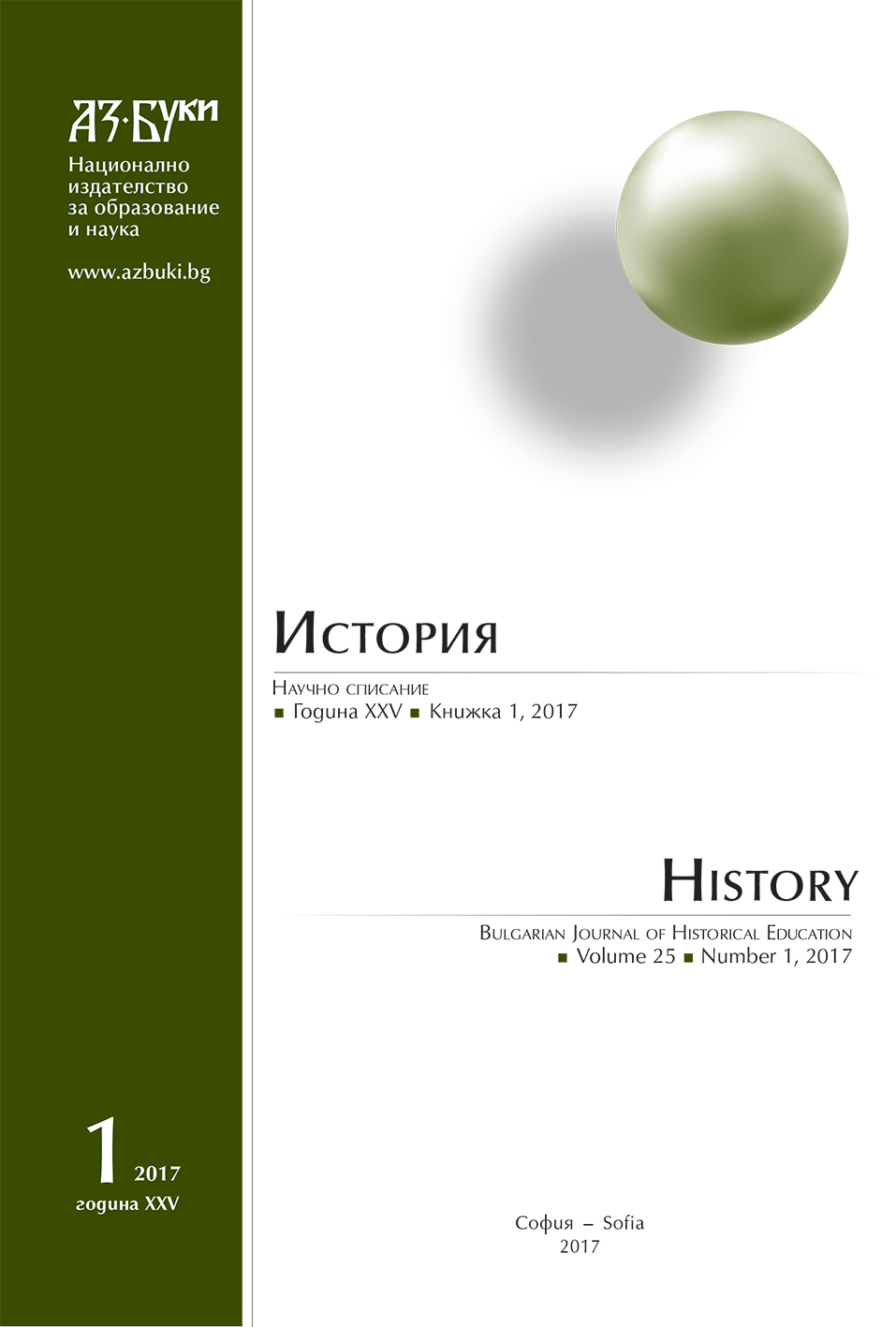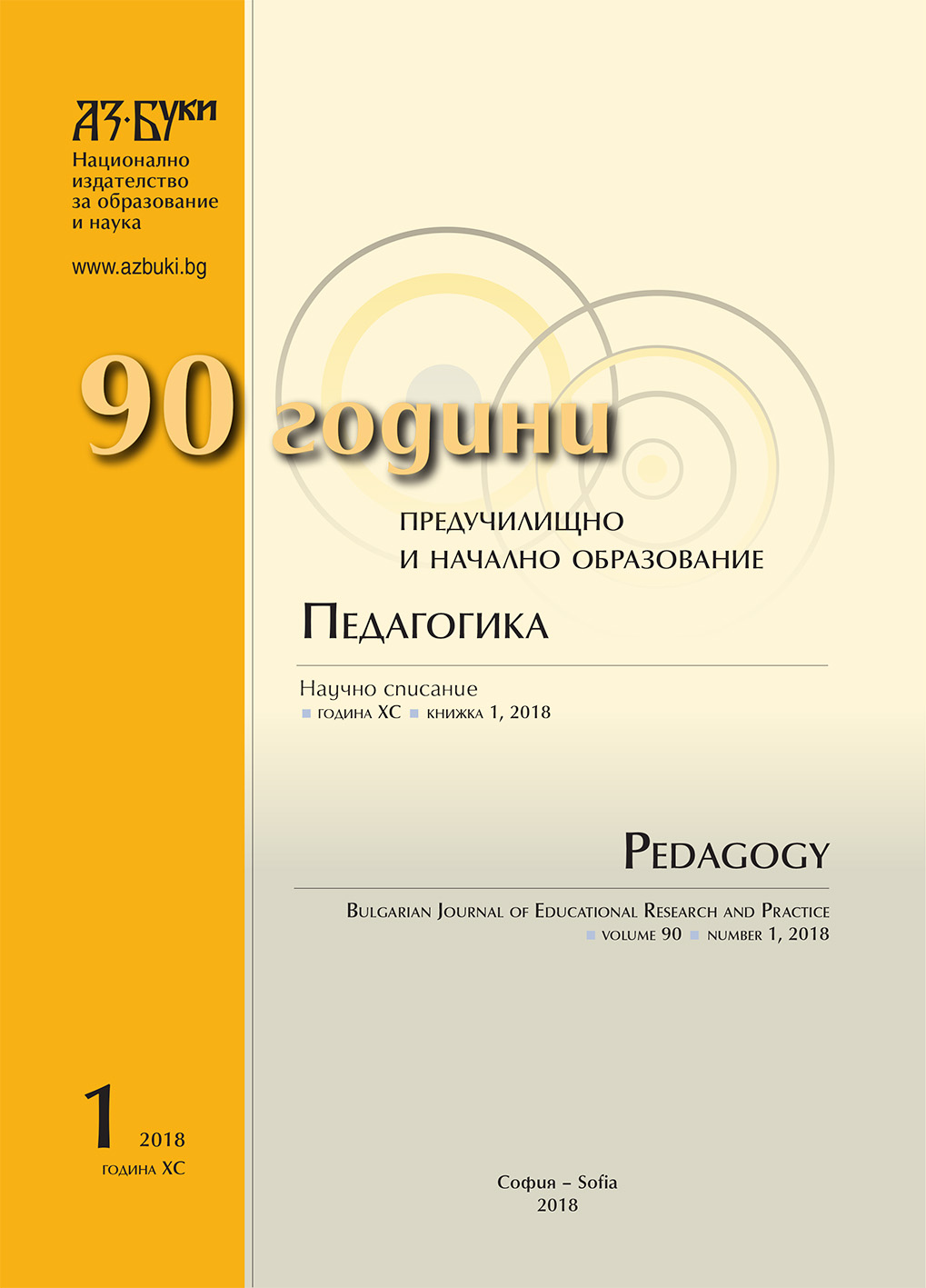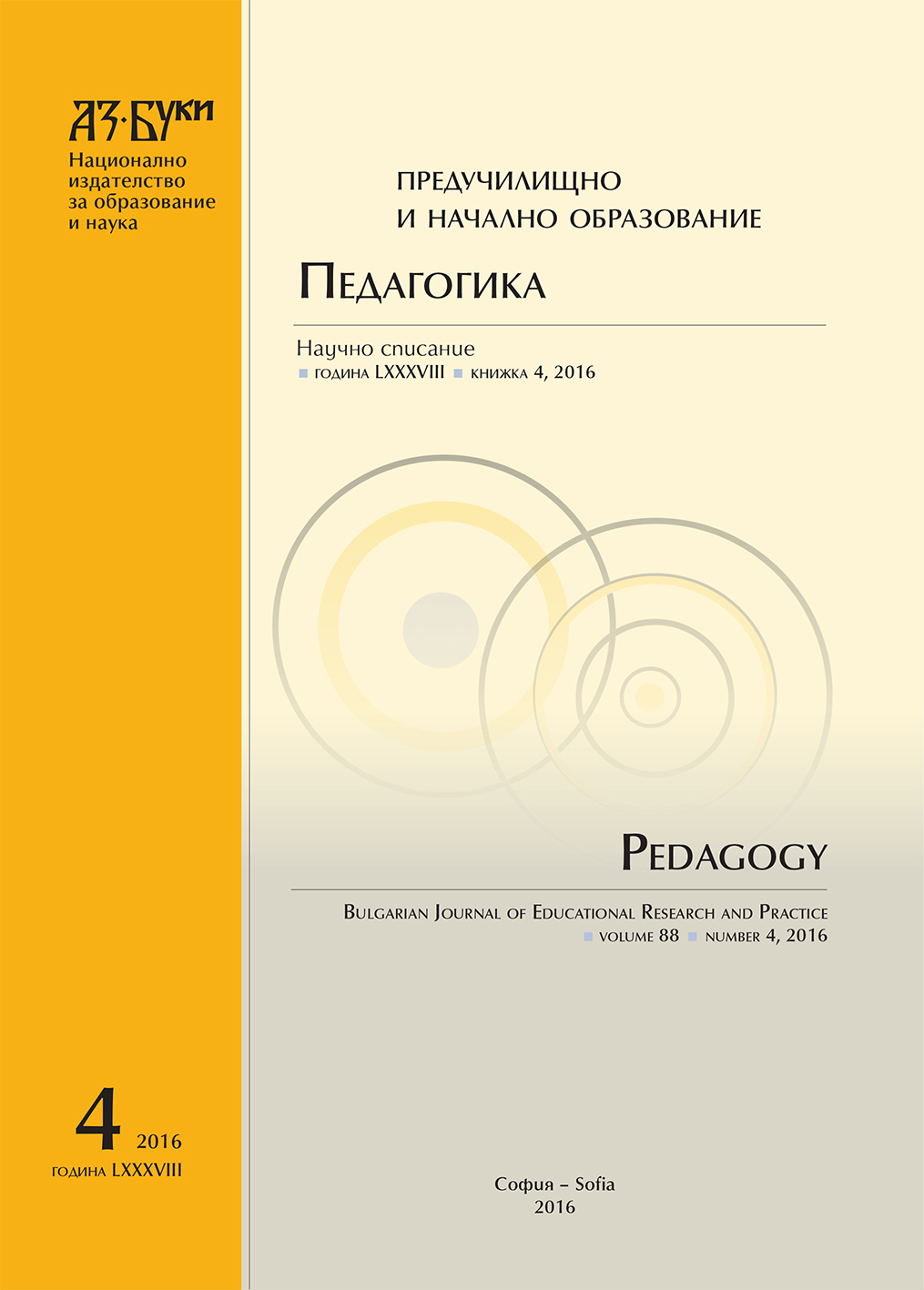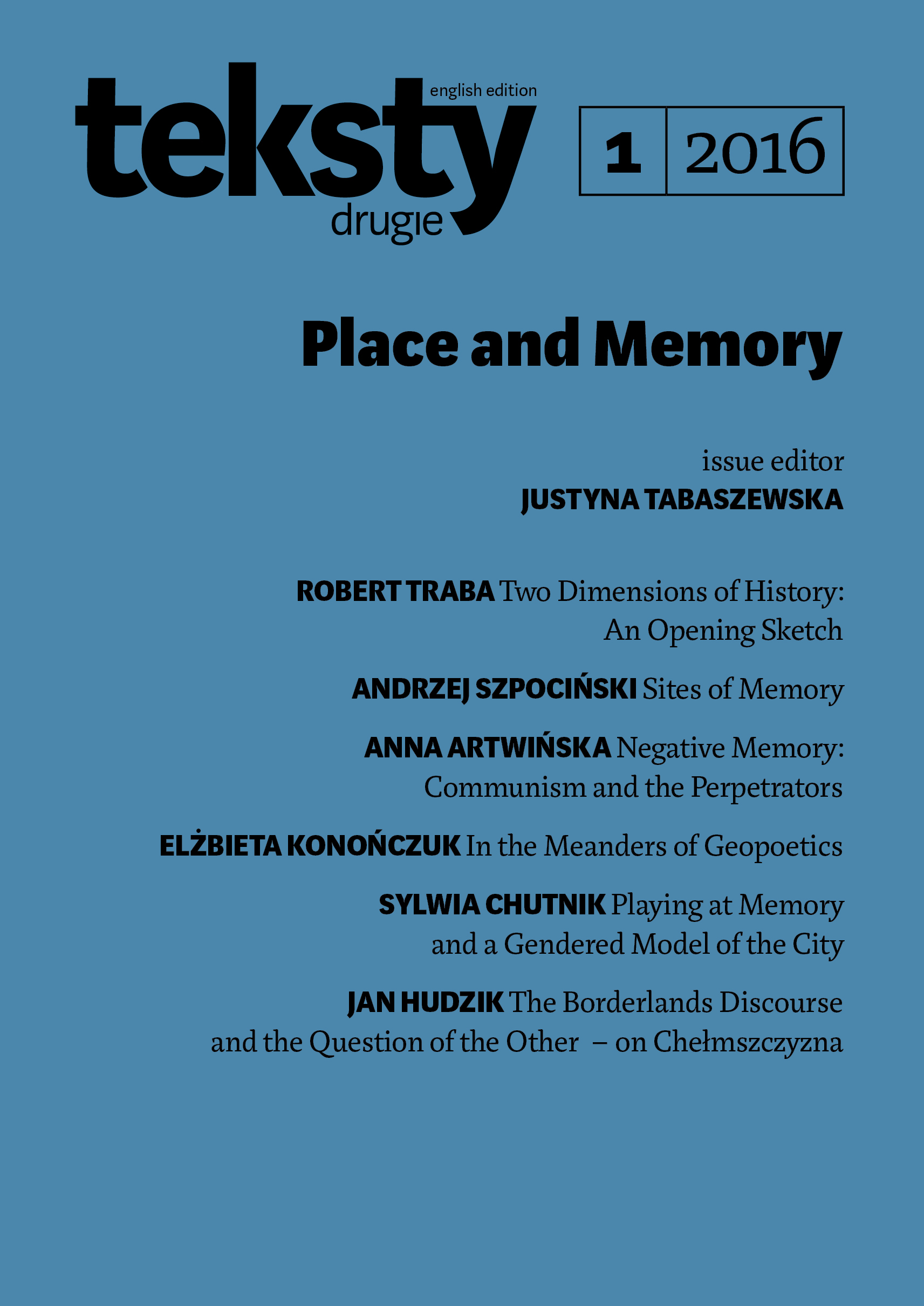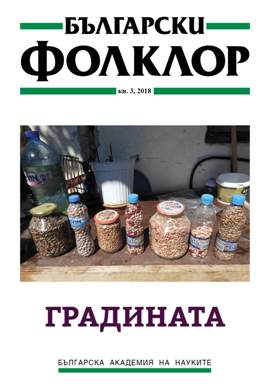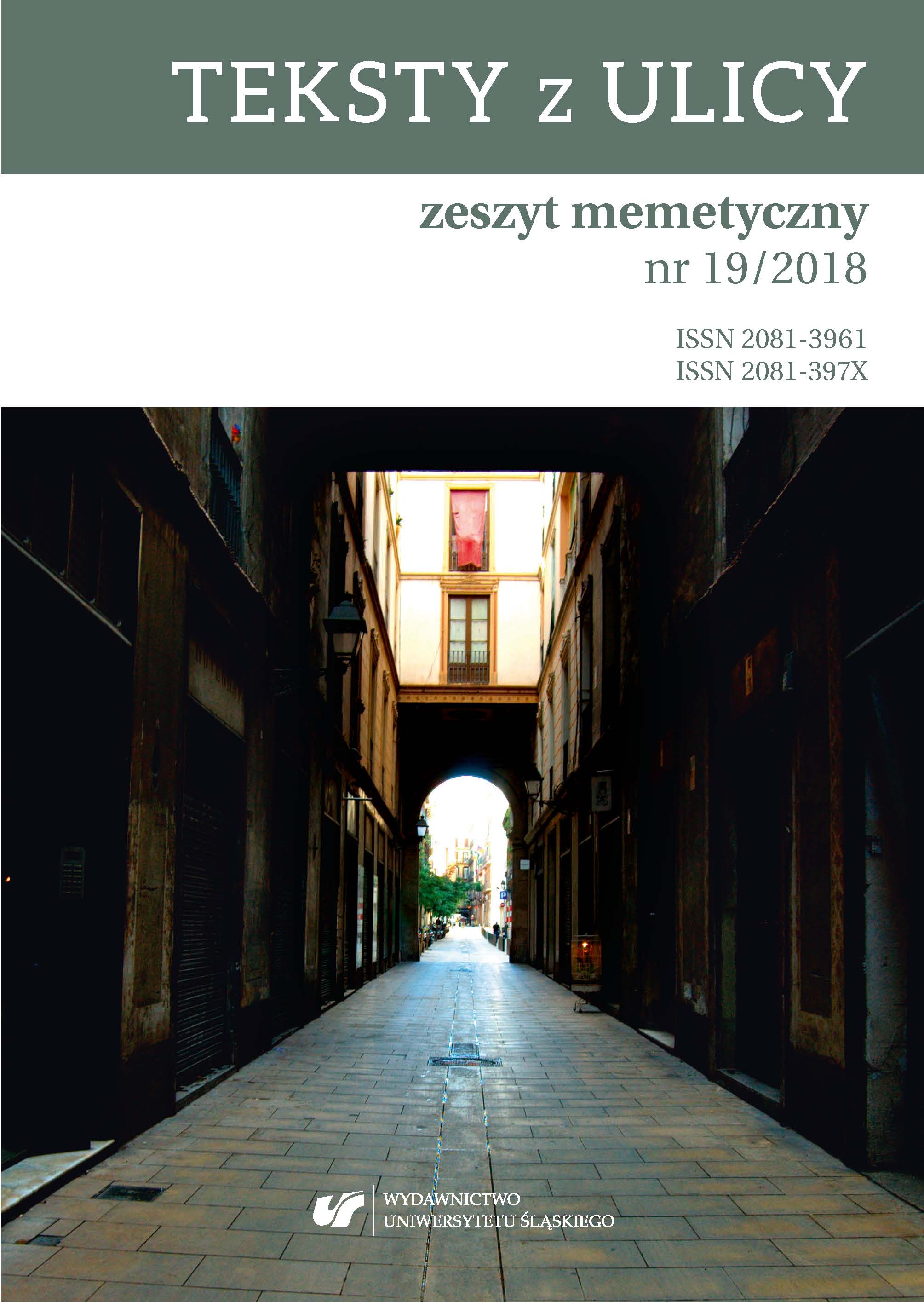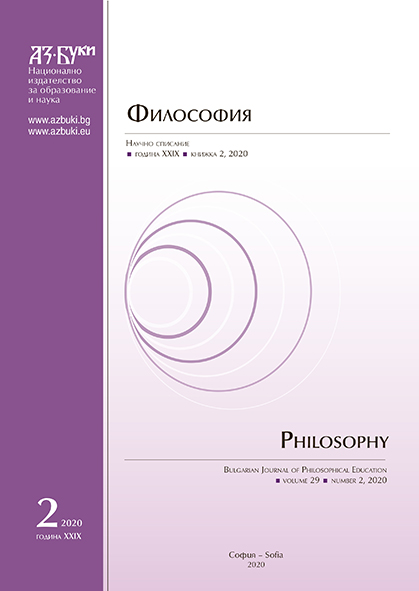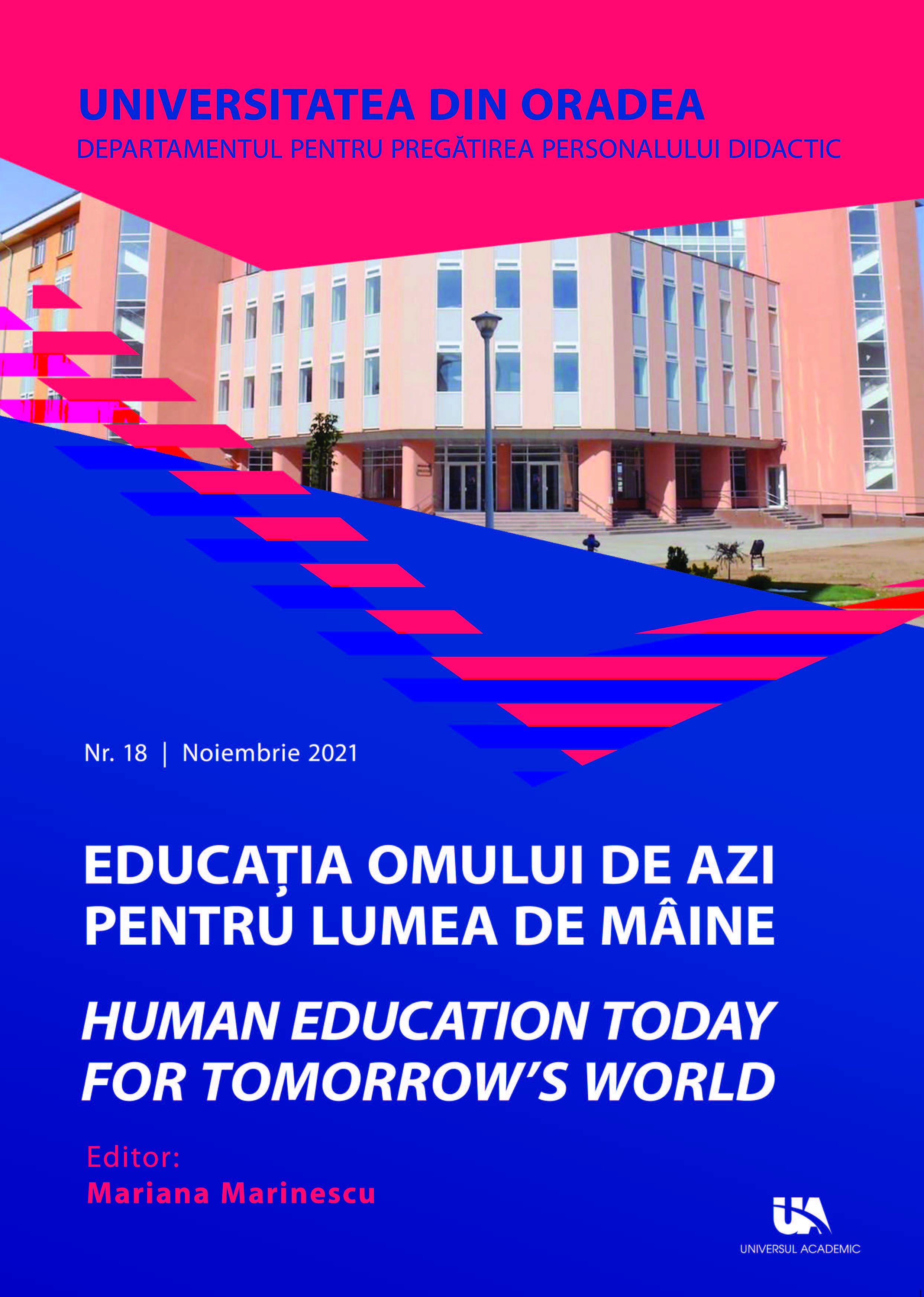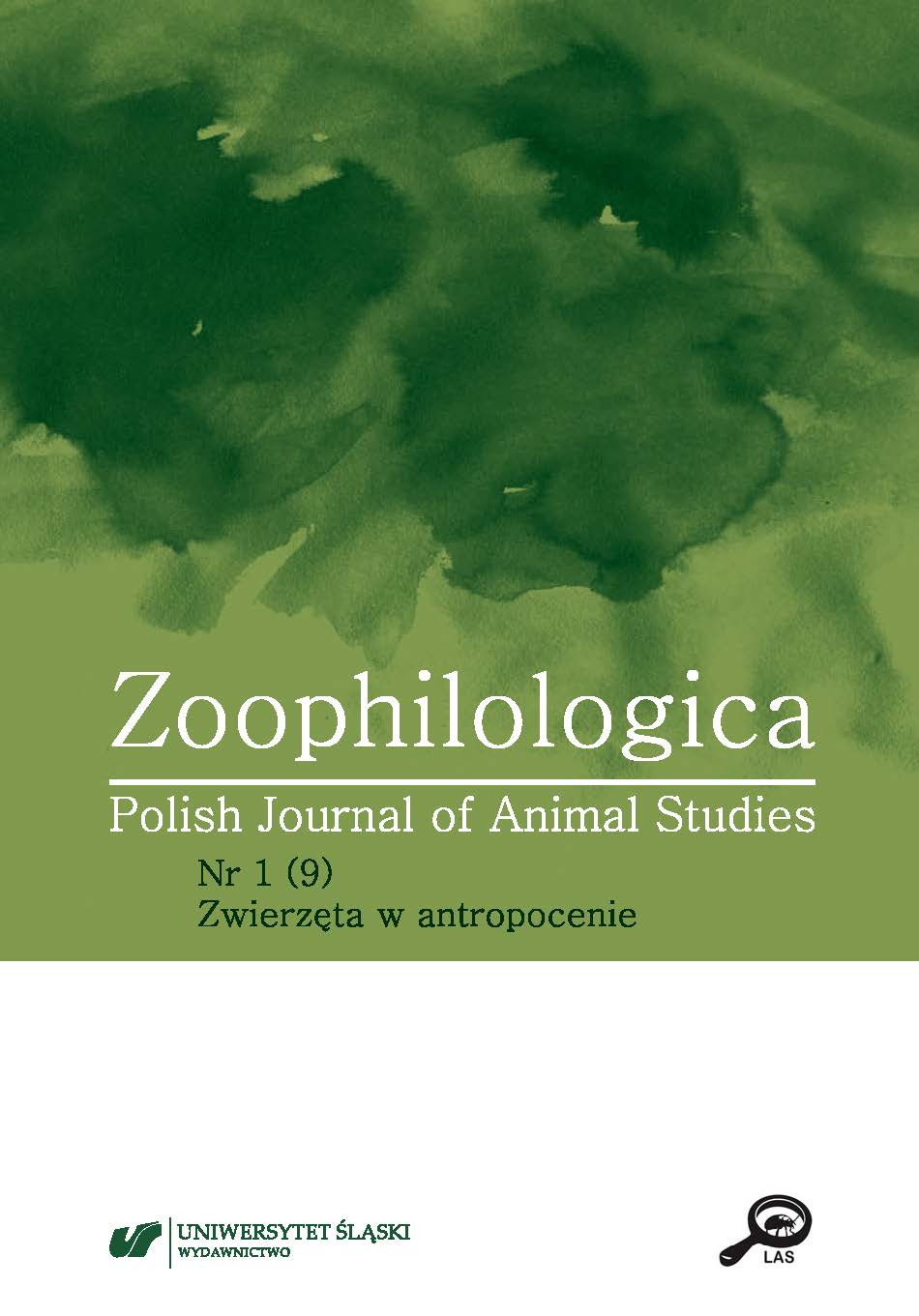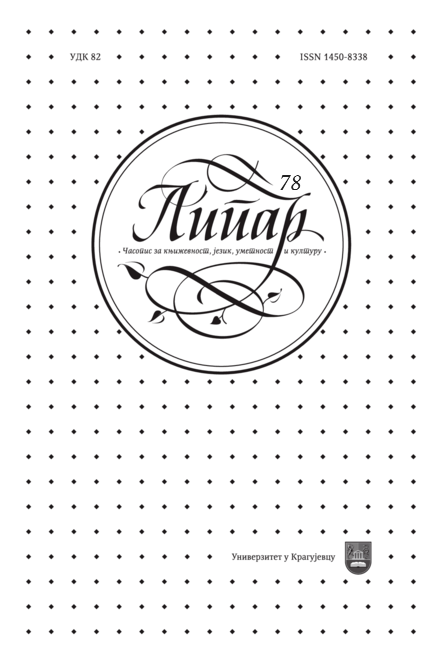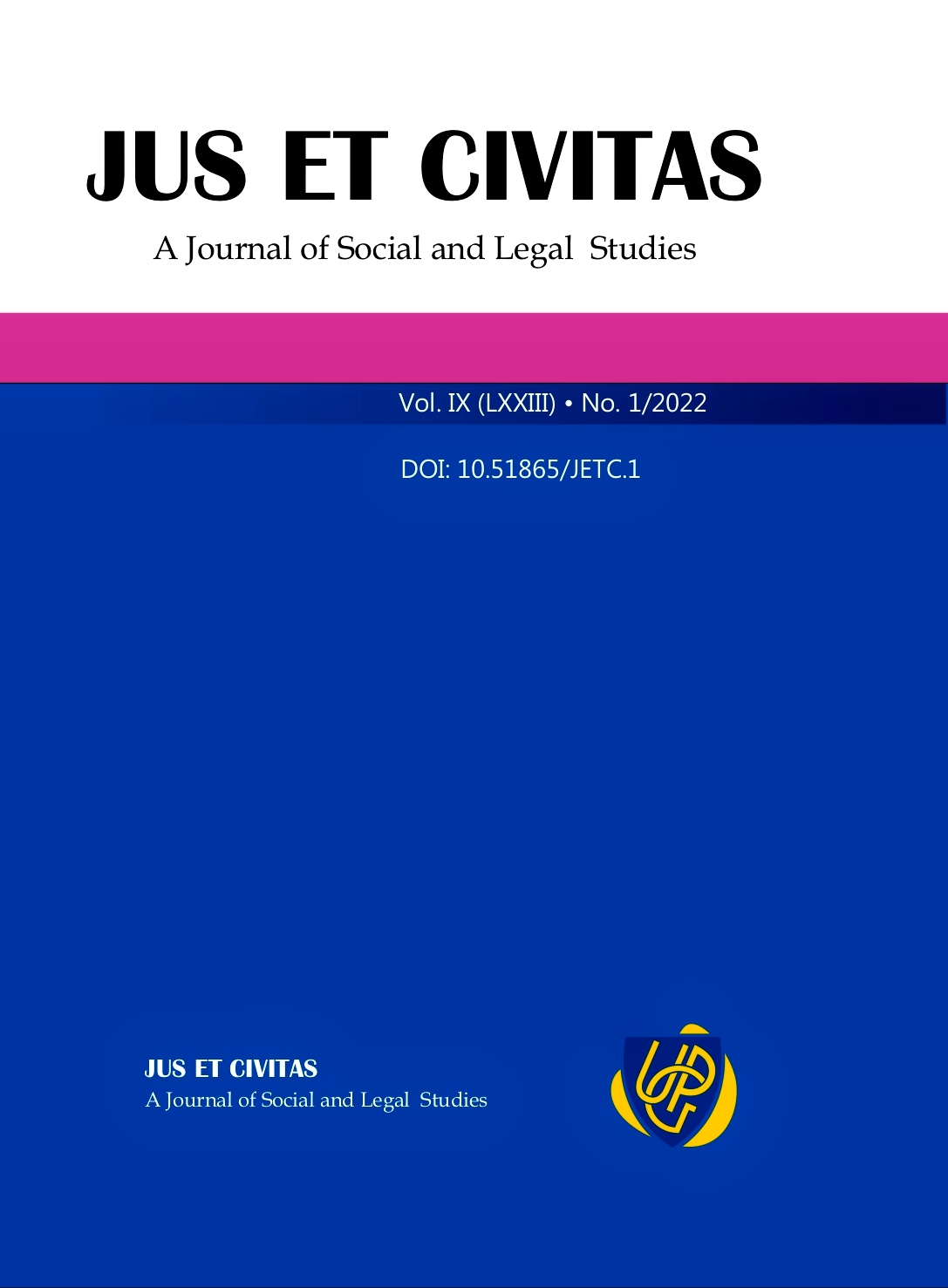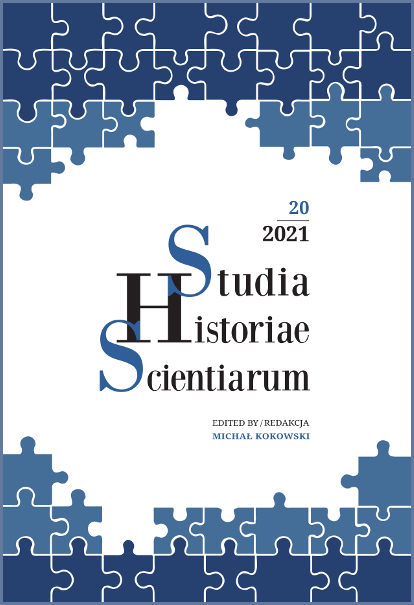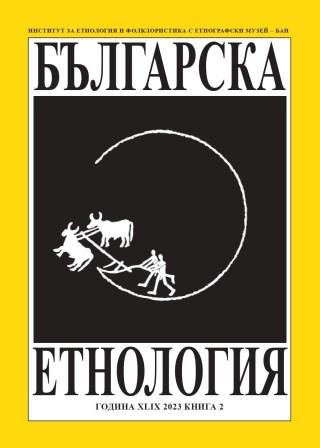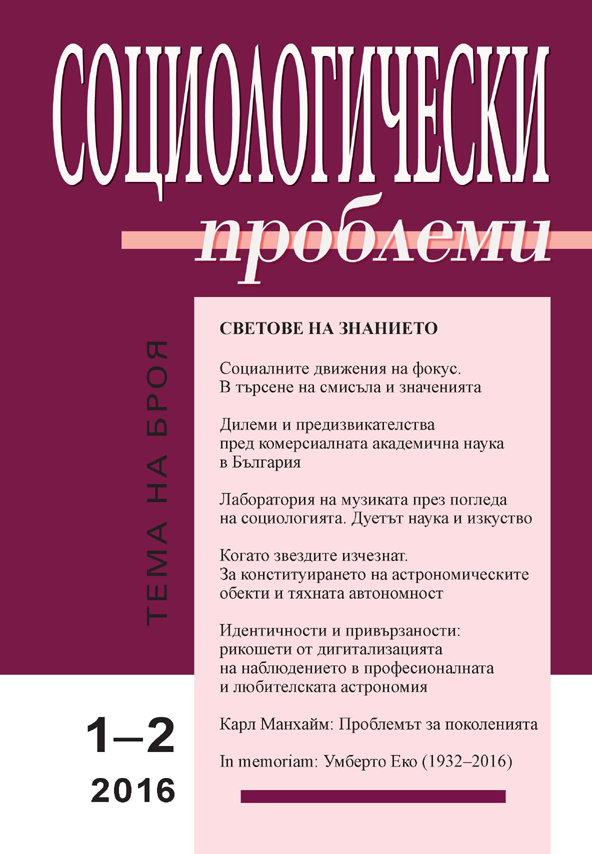
Права на природата – насред екологичната есхатология и правната теория
With the increase of the ecological problems and most of all with the increase of the adverse to human beings climate changes, the question of nature protection from human impact is (more) often raised. This brings a number of ethical and legal questions, including those with the potential to change the subjective structure of the currently existing law. The article attempts to systematize the holders of legal personhood and to locate potential areas for the rights of nature in the law structure. We could outline a “full range of legal entities”, which includes two major categories: physical persons and legal entities. Physical persons can be divided into two groups: people (human persons) and other individuals (nonhuman persons). Legal entities can also be divided into two groups: social entities, the most common of which are corporations, and natural entities, the most common of which are ecosystems. So the outlined categories and groups are symmetric: on one side there are animals as “nonhuman” physical persons and natural formations as legal entities, and on the other side – people as “human” physical persons and their social formations as legal entities. This symmetry in the delineation of possible legal personhoods creates conditions for balance on a structural level – at the level of structure of law there are already comparable mechanisms for balancing the interests of people with those of animals, and the interests of corporations with those of ecosystems.
More...
